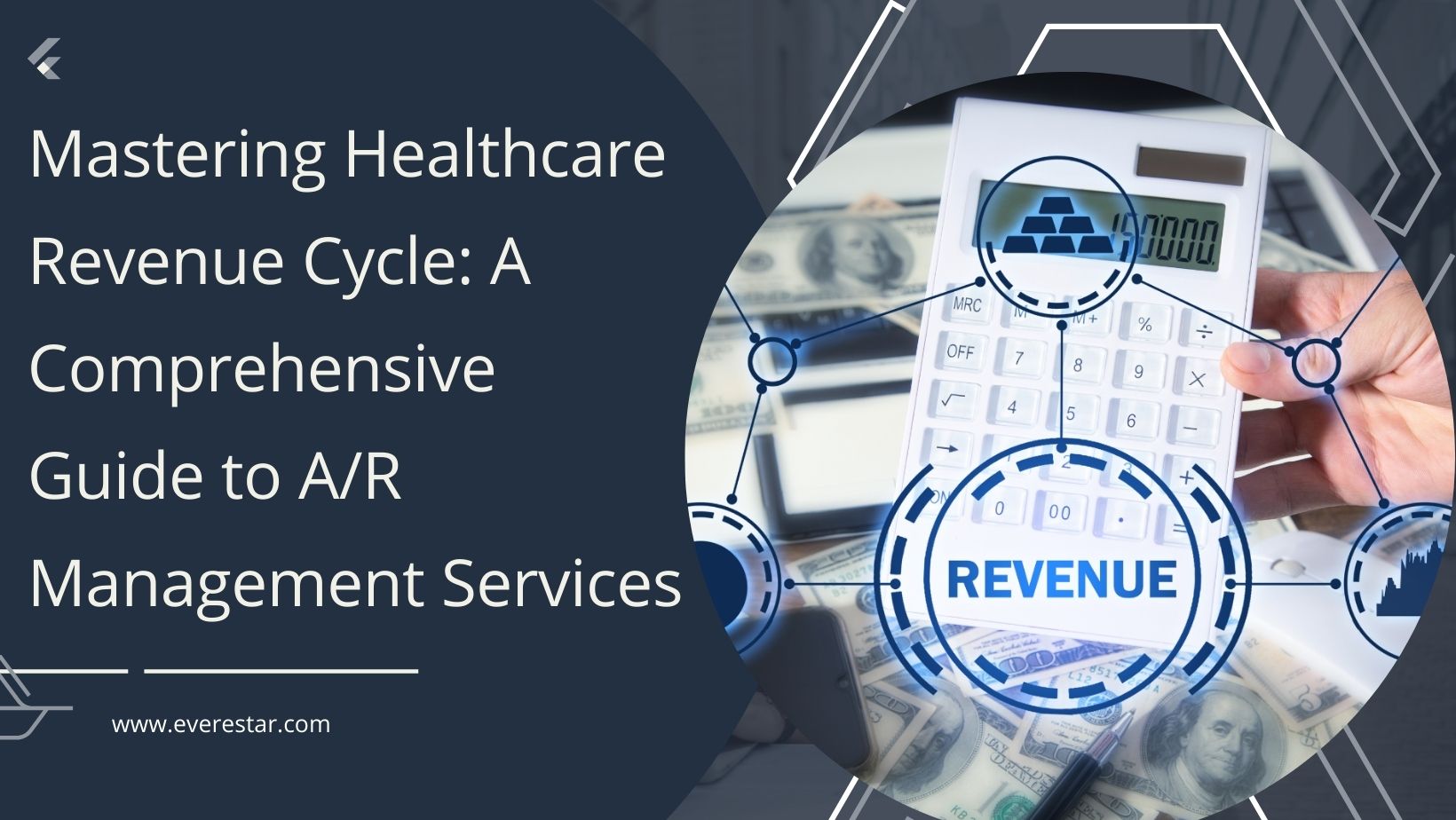In the intricate world of healthcare finance, revenue cycle management serves as the backbone of financial stability for providers. At its core lies Accounts Receivable (A/R) management, a critical process ensuring timely reimbursement for services rendered. In this comprehensive guide, we delve into the nuances of A/R management services in healthcare, exploring its challenges, benefits, key features, and future trends.
Understanding Healthcare A/R Management:
Accounts Receivable (A/R) management in healthcare encompasses a series of tasks aimed at tracking and collecting payments owed for services provided to patients. It operates within the broader revenue cycle, involving the submission of claims to payers, posting of payments, management of denials, and interaction with patients regarding billing matters. A robust A/R management system is essential for maintaining healthy cash flow and optimizing revenue streams for healthcare organizations.
Challenges in A/R Management:
Despite its importance, A/R management poses several challenges for healthcare providers. These include navigating complex payer regulations, managing the intricacies of insurance claims, grappling with billing errors and inaccuracies, and coping with denied claims. Each of these challenges can lead to delays in payment, revenue leakage, and increased administrative burdens for healthcare staff.
Benefits of Outsourcing A/R Management Services:
Given the complexities involved, many healthcare providers opt to outsource their A/R management to specialized vendors. Outsourcing offers numerous benefits, including cost-effectiveness compared to in-house management, access to specialized expertise and advanced technologies, streamlined processes leading to improved efficiency, and the ability to focus on core healthcare services and patient experience.
Key Features of Healthcare A/R Management Services:
A/R management services provided by vendors typically include comprehensive solutions tailored to the needs of healthcare organizations. These encompass efficient claim submission and follow-up processes to maximize reimbursement, effective denial management strategies, appeals processing, and patient-centric billing solutions. Additionally, communication strategies are employed to engage patients and ensure transparency regarding billing matters.
Choosing the Right A/R Management Partner:
Selecting the right A/R management vendor is crucial for the success of healthcare organizations. Factors to consider include the vendor’s experience in the healthcare industry, technological capabilities, reputation for accuracy and reliability, and compatibility with the provider’s specific needs and workflows. Clear communication and collaboration between the provider and the vendor are essential for a successful partnership.
Future Trends in Healthcare A/R Management:
The landscape of A/R management in healthcare is continuously evolving, driven by emerging technologies and shifting reimbursement models. Trends such as the integration of artificial intelligence (AI) and predictive analytics, the rise of value-based care models, and the increasing emphasis on patient engagement are shaping the future of A/R management. Healthcare organizations must stay agile and adapt their strategies to navigate these changes successfully.
Conclusion:
In conclusion, effective A/R management is indispensable for the financial health and sustainability of healthcare providers. By understanding the challenges, leveraging the benefits of outsourcing, embracing key features of A/R management services, and staying attuned to future trends, healthcare organizations can optimize their revenue cycle operations and ensure a seamless flow of payments. In an ever-changing healthcare landscape, mastering A/R management is essential for thriving in the complex world of healthcare finance.


